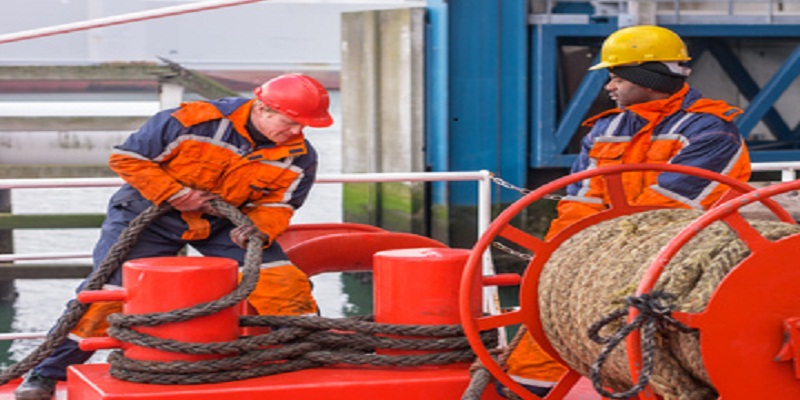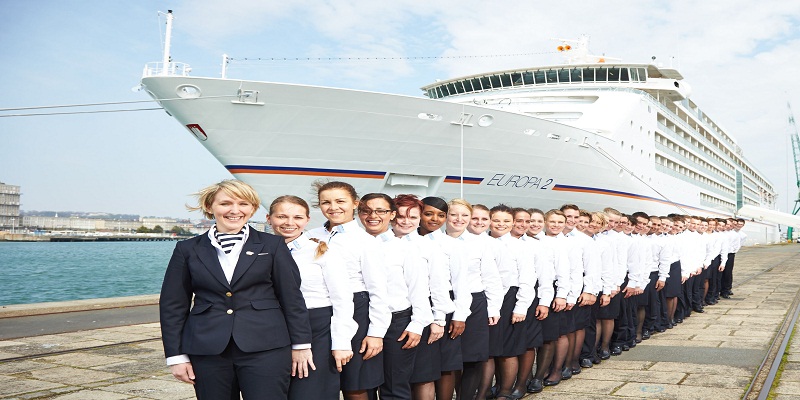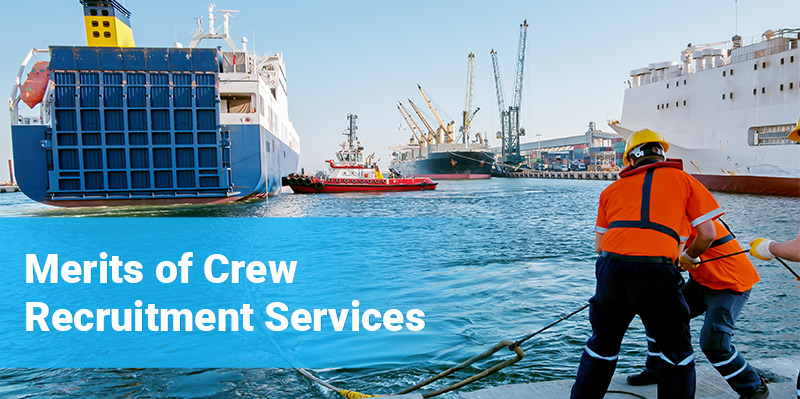A set of training techniques called Crew Resource Management (CRM) is intended for use in settings where human factors influence safety and effectiveness. CRM strives to enhance crew members’ collaboration, decision-making, and communication skills.
It is now commonly acknowledged that CRM is applicable to all safety-critical businesses, not just the aviation sector. Any team functioning in a high-pressure setting with a narrow margin for error needs good CRM abilities.
Communication, situational awareness, stress management, leadership, and teamwork are common themes covered in CRM training. The objective is to support crew members in making better judgments in all facets of their work and working together more productively.
Singapore Offshore Management
The practise of forming and operating a company in Singapore that is registered in another nation is known as offshore management in Singapore. The primary goal of this procedure is to reduce any taxes and obligations that the business may incur in its native country.
Offshore management is not a novel idea in Singapore, and many businesses and individuals have employed it throughout the years. The two main justifications for establishing an offshore company in Singapore are to benefit from the favourable tax laws and to shield the assets of the business from creditors.
The process of incorporating an offshore company in Singapore is relatively simple and can be done online. The company will need to appoint a registered agent in Singapore and open a bank account. Once the company is registered, it will be required to file annual returns and pay an annual fee to the Singapore authorities.
The benefits of setting up an offshore company in Singapore are numerous. The company will be able to minimize its tax liabilities and protect its assets from creditors.
Marine Onshore Recruitment
Finding and hiring employees for tasks that are headquartered onshore, or on land, is known as marine onshore recruitment. Jobs in the construction, oil and gas, and other sectors may fall under this category.
Recruitment for marine onshore positions might be tough because it can be hard to locate people who are willing to work in outlying areas. Additionally, the procedure may require businesses to foot the bill for employee travel and lodging.
But there are other ways to simplify the marine onshore recruitment procedure. For instance, businesses can reach a larger prospect pool by using social media and online job sites.
Agency for Marine Crew Recruitment in Singapore
Marine crew with experience and qualifications are constantly in demand by recruitment firms in Singapore. There are numerous companies that provide excellent pay and benefits, and the majority are searching for crew members that are dependable and have a strong work ethic.
It’s critical to do your homework on the various hiring organisations before submitting an application if you’re interested in working as a marine crew member in Singapore. Ask about the kinds of positions that are available, the requirements, and the salary range.
It can be challenging to find employment as a marine crew member in Singapore, but with the correct tools and perseverance, you can succeed.







 Important Links
Important Links